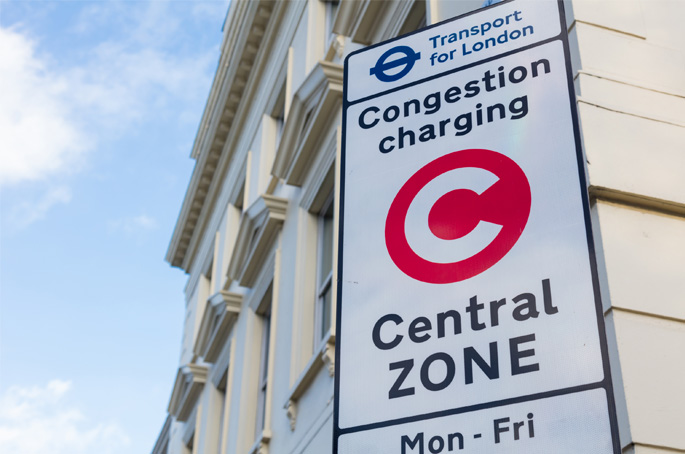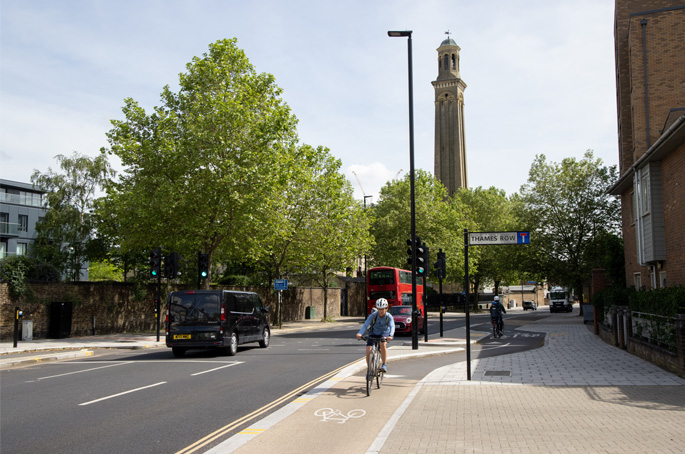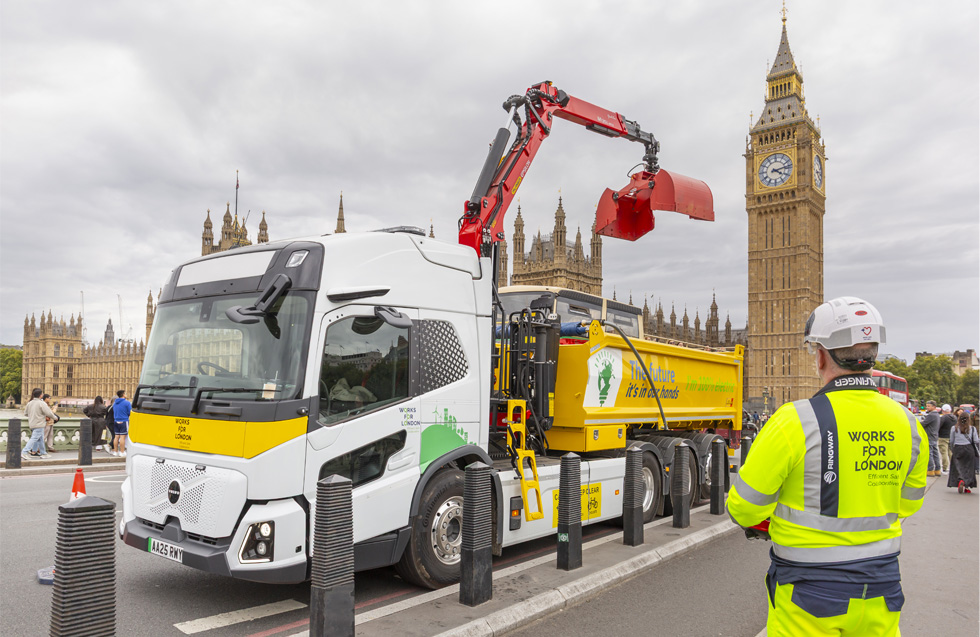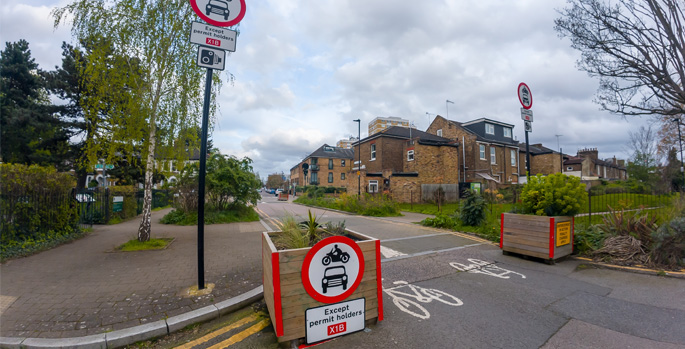LGA warns against CCTV parking ban

The Local Government Association (LGA) has warned against plans to ban CCTV parking cameras.The government wants to stop councils from using CCTV to tackle dangerous parking outside schools, prevent drivers blocking bus lanes and loading bays and crack down on pavement parkers posing a risk to disabled pedestrians.But road safety campaigners, schools, disability and pedestrian charities and transport groups have joined councils in warning against the ban.The LGA, which represents more than 370 councils in England and Wales, said the ban would do little to reduce the number of tickets given to drivers breaking the law but would put school children at risk and worsen road safety.Instead of a blanket CCTV ban, the LGA wants the government to convene a working group of councils, charities, road safety campaigners and motoring groups to rewrite the current statutory parking guidance and revise the rules on the use of CCTV.The call has been backed by the National Association of Head Teachers, Disabled Motoring UK, Living Streets, Brake, Royal National Institute for the Blind, Parliamentary Advisory Council for Transport Safety, Confederation of Passenger Transport UK, and the Passenger Transport Executive Group in an unprecedented joint-offer to the government today (10 April).Cllr Peter Box (pictured), chair of the LGA’s economy and transport board, said: “Road safety campaigners and disabled and pedestrian charities all agree with councils that banning CCTV parking enforcement will put school children and disabled pedestrians at risk and worsen road safety. The government has wrongly claimed councils are alone in wanting to protect CCTV powers but, in fact, they face strong opposition to a ban that is impossible to ignore.“Most of the time councils get it right on parking but know mistakes can be made and are committed to doing more to tackle the deep-rooted misconception that they are using parking charges to raise money. CCTV camera cars mainly act as a visible deterrent and, as a result, account for just two per cent of total parking income while less than one per cent of motorists appeal fines issued by CCTV enforcement.“They are essential to help councils tackle dangerous and illegal parking outside schools, stop drivers blocking bus lanes and essential loading bays for businesses and delivery firms, protect disabled pedestrians against reckless motorists parking on pavements and improve safety on dangerous roads or junctions.“A blanket ban on the use of CCTV is not the way to tackle the Government’s concerns around parking.”






























